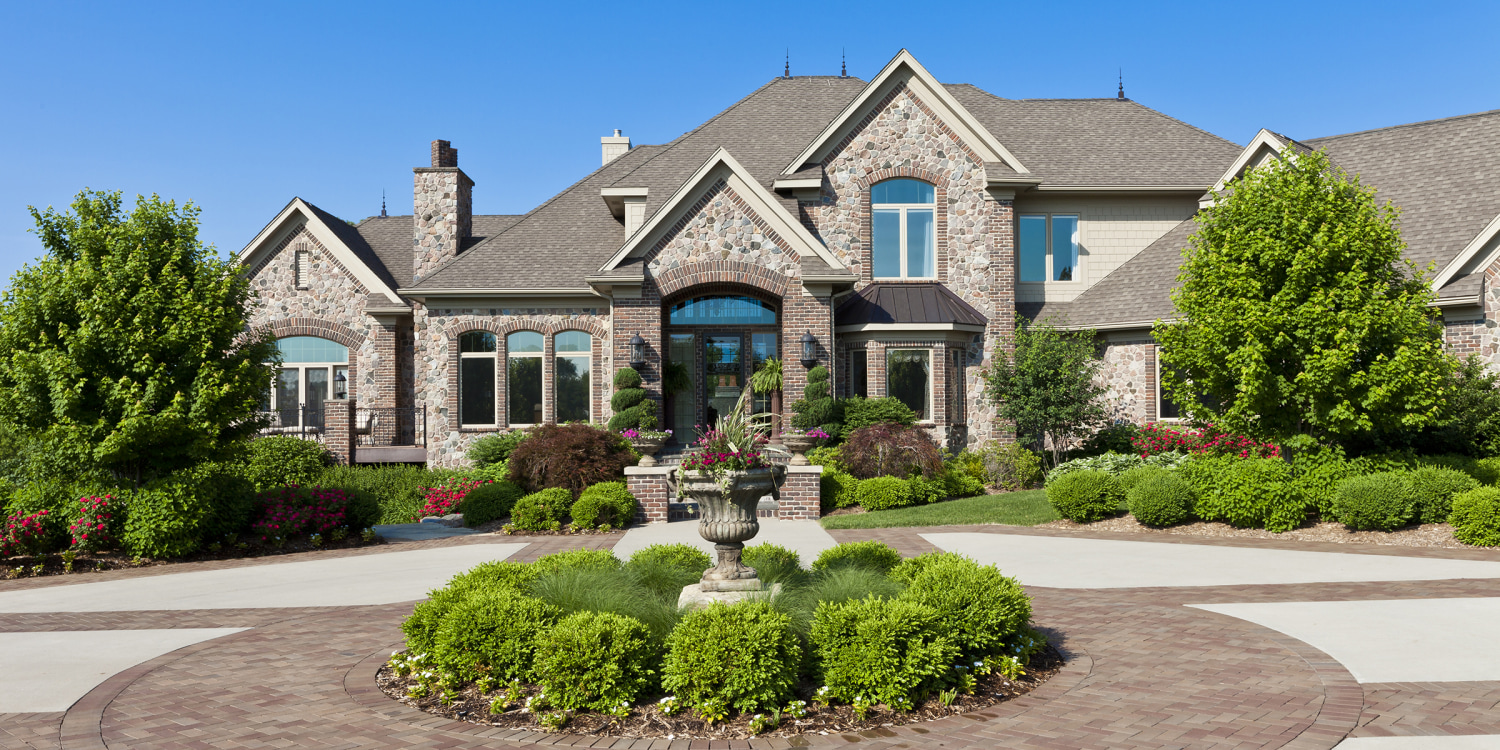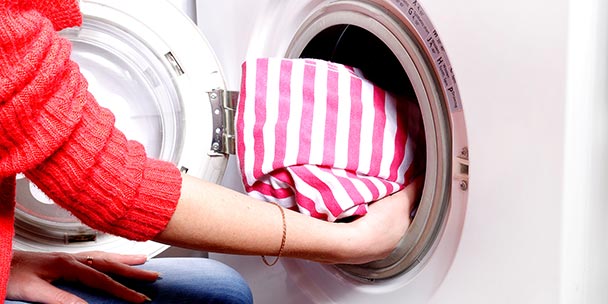Although homeownership might be a life goal for many people, it no longer seems as if it can make them happy. This seems to be the case for those living in larger houses. Research suggests that they will be more likely to find satisfaction in spending time with family than living in a huge home. Even though parents of the current millennials probably bought a house in their 20s, it is not expected that their children will follow suit.
Homeownership among millennials is on the decline as they shift toward renting homes to accommodate their needs. Nowadays, people might need to move around for work, and the spontaneity in wanderlust makes it difficult for them to stay in one place for too long. At the same time, they could also be carrying the burden of student loans, which have skyrocketed in the last two decades. These are some reasons why bigger houses may seem less appealing to anyone, let alone committing to one.
More Space, More Clutter
Depending on your eye for interior design, it is easier to justify an unnecessary purchase by saying that you have the space for it. The tendency to fill up empty rooms or areas can be the grease to swiping credit cards without thinking about the consequences. As a result, clutter takes hold of your home until the next garage sale, only for space to fill up again with more stuff on your next whim. Then the cycle continues.
Studies show that clutter causes anxiety and stress, especially among women. Things accumulating in a room become part of your daily to-do schedule, marked as “to sort” or “to clean,” taking up physical space as well as mental capacity. There will be a constant feeling of obligation, draining your motivation to accomplish other tasks.
Moreover, the maintenance that a larger home entails is an additional expense and headache to homeowners. If they cannot afford the help, it could take years before everything on the to-do list is checked off. For those interested in a life with fewer sources of stress and anxiety, you might find one with a smaller home.
Empty Nests Seem Lonelier
As children leave your home for college or their job in the future, it will seem unnecessary to live in a large house. The empty bedrooms and possessions left behind can make the void seem more unoccupied. Smaller houses or even living in senior homes are possible solutions to feeling less lonely. There also would be no maintenance required, and you can be taken care of. This way, your children can come to visit you anytime they can, without the hassle of chores during each encounter.
Bigger houses seem less appealing during retirement. The common reason for purchasing one is to provide shelter for a family. However, as soon as the children leave and no longer become dependents, it is not unusual for their things to be sold off or placed in a storage room as their parents decide to move to a nursing home. It is a pragmatic and economical choice to be made by those about to purchase their first home. The right clairvoyance can help homebuyers foresee this solution.
The Lifestyle Inflation You Do Not Need
When people move up in their careers with better salaries, it can be dangerous to fall into lifestyle inflation. It is the habit of buying something simply because it is advertised as bigger, better, and, in turn, more expensive. What happens later on is that they might find it difficult to retire early. They will have loans and credit cards to pay off.
One of the expenses that can fall victim to lifestyle inflation is a home. You might find someone’s home to be nicer and bigger than yours. Some people feel that to be successful, they need to have the best home on the block. However, the aforementioned problems are issues that they cannot ignore in the future. Eventually, they will find themselves in a bind in a large abode that can be tough to get rid of.
Buying a house may not be for everyone, let alone committing to one for as long as the mortgage needs to be paid off. Moreover, a large house might involve a lengthier period of installments. It is understandable to look at a mansion and dream of living there. But everything nice could come with a price, and your apprehensiveness in purchasing one could be a sign of pragmatism.












